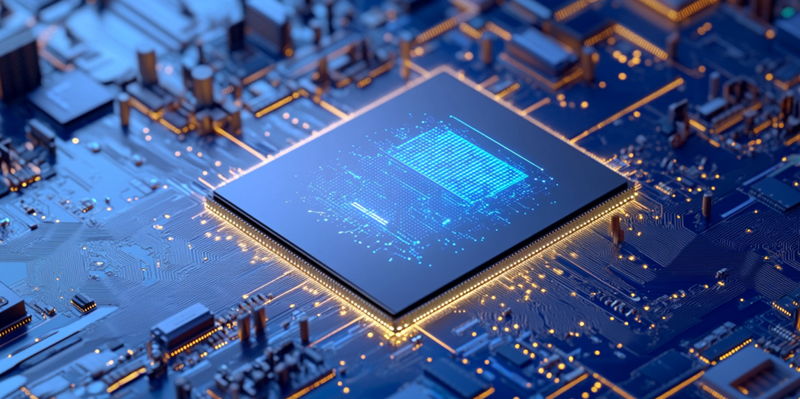AMD’s third-quarter earnings report caused shares to dip by 9%, even though the company met investor expectations. This dip comes despite the fact that AMD’s shares remain up by more than 20% this year. A particularly optimistic highlight from the report is the projected 2024 sales of AI hardware, which have increased by $0.5 billion to a total of $5 billion. This boost is largely driven by strong interest in the MI325X AI accelerator. This accelerator, showcased along with the 5th generation Epyc CPUs at the Advancing AI event, features impressive specifications including 256GB of HBM3e memory and a bandwidth of 6TB/s, making it particularly suitable for the high-demand data center market.
AMD’s data center revenue saw significant growth this quarter, with the segment reporting $3.5 billion in sales and a 54% gross margin, primarily due to the success of the Instinct GPU platform. This excellent performance in the data center segment highlights AMD’s ability to ride the wave of AI advancements and capitalize on the growing demand for AI hardware. In stark contrast, however, the gaming segment experienced a noteworthy decline. Sales related to Sony’s PlayStation 5 chips saw a 68% decrease year-over-year, primarily due to a decrease in semi-custom revenue. This downturn underscores the current volatile nature of the gaming industry, particularly for companies like AMD that rely heavily on this segment.
Interestingly, despite the negative trends within the gaming PC chip market, AMD’s laptop chip sales remain unaffected, thanks to their presence in advanced AI-enabled laptops branded under Microsoft’s Copilot+ initiative. This success reflects the strategic pivots AMD is making in different market segments to counterbalance areas experiencing downturns. Additionally, in an effort to stay competitive with Intel’s new Core Ultra 200 CPUs, AMD has recently reduced prices on all Zen 5 CPUs and teased the upcoming Zen 5 X3D processor, which aims to capture market interest once again.
Overall, AMD’s financial health is anchored significantly by its data center performance and strategic moves within the AI and laptop markets. Despite facing challenges in gaming-related revenues, the company is leveraging innovation in AI and strategic pricing to offset these downturns. This multifaceted approach may position AMD to maintain an overall positive outlook for the upcoming year, balancing the scales between innovation and market demands.

